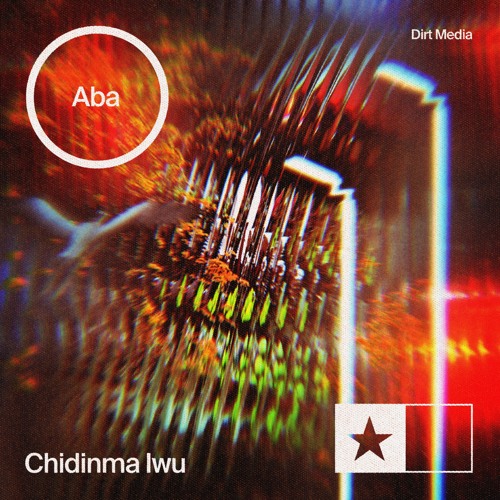- Studio Dirt
- Posts
- The Nightlife Review: Aba
The Nightlife Review: Aba

Artwork by Carlos Sanchez
Chidinma Iwu on one Nigerian city’s lethargic attempt to catch up.
The walk to my ride-hailing junction starts quietly but eventually grows into a lazy loudness when the evening reaches 7pm. This cacophony—the chatter from roadside fruit sellers, fading echoes of Y2K music that people now really fancy, and calls by tricycle riders to attract potential customers—is barely provocative.
It’s not the bubbliness that you want to hear. Not the one that resonates through the streets of Abuja or the type that Lagos residents breathe in. There's not enough street food, music, dance, or people dashing into transport vehicles to catch up to a party. Nightlife in Aba feels too much like a lethargic response to the chaotic rave I know is happening elsewhere in Nigeria.
Nightlife in Aba feels too much like a lethargic response to the chaotic rave I know is happening elsewhere in Nigeria.
At the junction, I tell the rider that I'm going to make a stop at Roots, a new, native restaurant promising residents an exotic experience. Maybe at least the food will appease my disdain. We start on our journey not long after, and as I take in the surrounding environment—while trying to not think of our ride's dreariness—I see things I had never noticed before. Many families walk out of eateries holding hands, couples snuggle at bus stops before they bid goodbyes, men drink to a replay of the Bayer Leverkusen win on Sunday in open pubs, and children queue outside an electronics shop to watch a wrestling match. I realize that maybe I'm measuring Aba's nightlife by an extravagant metric––energy is everywhere.



All photos by Chidinma Iwu.
